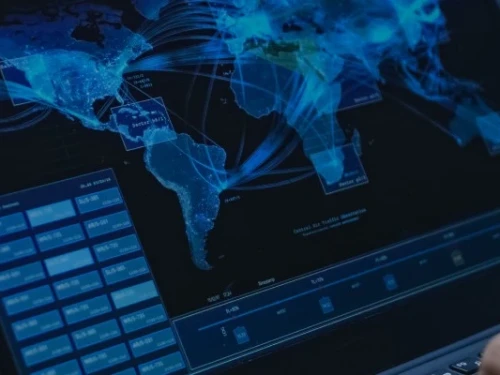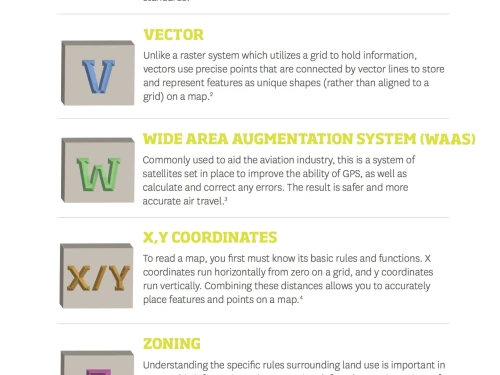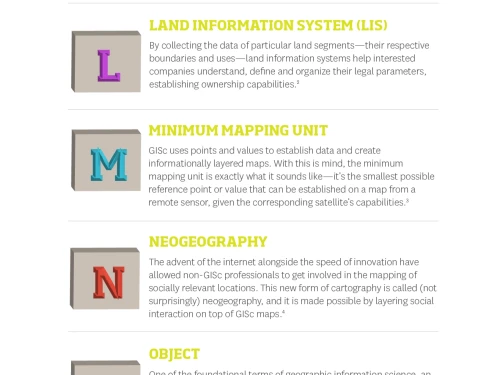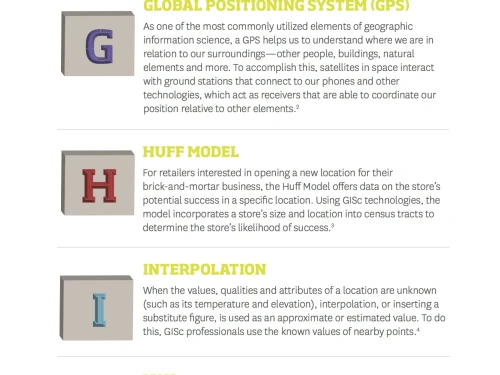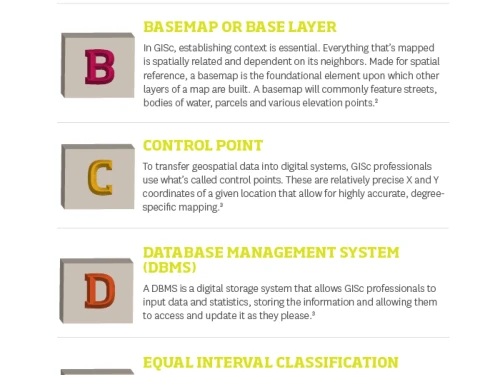Graduate Certificate
Kent State University offers a wide range of 100% online graduate certificate programs designed to help professionals enhance their skills, advance their careers, and explore new fields. These programs cater to diverse interests, including disability studies, accounting fundamentals, human resource management, journalism education, and geographic information science (GISc). Each program is crafted to provide specialized knowledge and flexibility, allowing students to balance their education with personal and professional commitments. With expert faculty and resources, Kent State’s online grduate certificates deliver high-quality learning experiences tailored to industry demands. Explore how these graduate certificates can help you achieve your career goals.
Related Blog Posts
In the modern world, media is saturated with images of natural disasters and their impacts on human health and infrastructure. And while the most memorable images for many are of the damages done by hurricanes, tornadoes or earthquakes, in the U.S., the deadliest atmospheric hazard over the last few decades has been excessive heat. While everyone generally knows the advice to take it easy during hot weather, it tends to get much less attention than other hazards because its impacts are not nearly as visibly dramatic. This said, several hundred people a year in the U.S. on average still die from excess heat.
We’re all familiar with oceanic tides, which cycle roughly every 12 1/2 hours based on the relative positions of the earth and the moon. Some places have greater ranges than others, based on the local configuration of the coastline. Every couple of weeks, when the sun, earth and moon all line up, we have “spring tides,” in which the tidal fluctuations are stronger than normal.
We typically view language as evolving at a glacial pace. Yet, consider the fact that the Merriam-Webster Dictionary added more than 1,000 new words in February 2017—and more than 2,000 in April 2016.1
A definition. For all practical purposes, it’s the concise explanation of an element or experience. However, the true value of a definition extends far beyond this. What it also provides is the foundation for further knowledge—and this is critically important.
Every profession has a lexicon, turns of phrase that are unique to its processes and techniques. The world of geographic information science (GISc) is no exception.
The world of geographic information science (GISc) is filled with unique acronyms, phrases and definitions. Because of this wide range of terminology for tools, technologies and techniques used in the field, a glossary of important terms is as vital as it is extensive.


